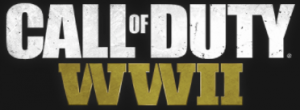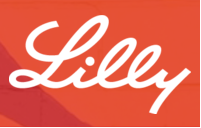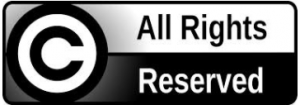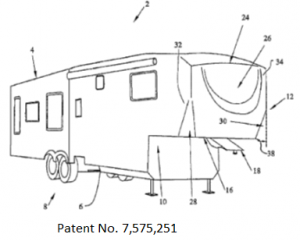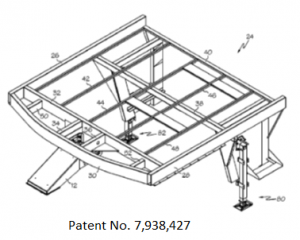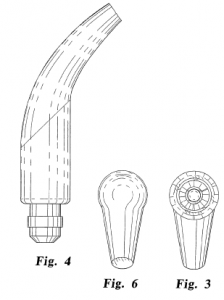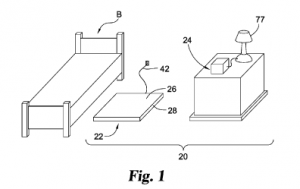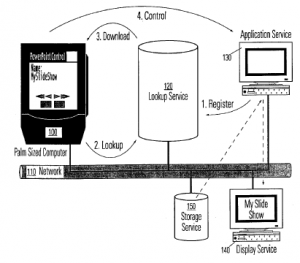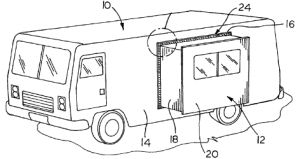Evansville, Indiana – Attorneys for Plaintiff, SCLC, Inc. of Evansville, Indiana filed suit in the Southern District of Indiana alleging that Defendants, Marie Kettering of Trenton, New Jersey, and Lanny Tyndall of Enfield, Gansu, Canada, infringed the rights of SCLC. Plaintiff is se eking a nationwide injunction, compensatory damages, and attorneys’ fees.
eking a nationwide injunction, compensatory damages, and attorneys’ fees.
Plaintiff owns the rights to the “Shoe Carnival” trademark, and owns and operates shoecarnival.com. The complaint alleges that the Defendants operate shoe sale websites that infringe upon the trade dress of the Shoe Carnival website, and infringe upon the Shoe Carnival trademark by displaying the registered mark on the websites. Specifically, the Defendants’ websites mimic the “look and feel” of Shoe Carnival’s website, including the layouts, placement of photos, borders, frames, colors, and overall impression. Further, Plaintiff alleges that the offending websites used the “Shoe Carnival” registered mark without permission in an effort to generate sales, which Plaintiff claims has caused consumer confusion.
Practice Tip: Although the Plaintiff alleges personal jurisdiction over the Defendants in the complaint, they do not allege any specific facts, such as infringing sales, which occurred in Indiana. This may cause issues for the Plaintiff in trying to secure personal jurisdiction over the Defendant. In a similar case in 2014, the United States Court of Appeals for the Seventh Circuit ruled that an out-of-state business accused of trademark infringement did not have sufficient contacts, arising out of the accused activity, with Indiana to subject it to personal jurisdiction in the state.




